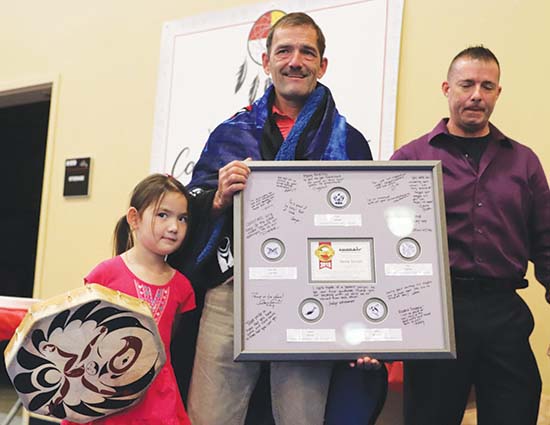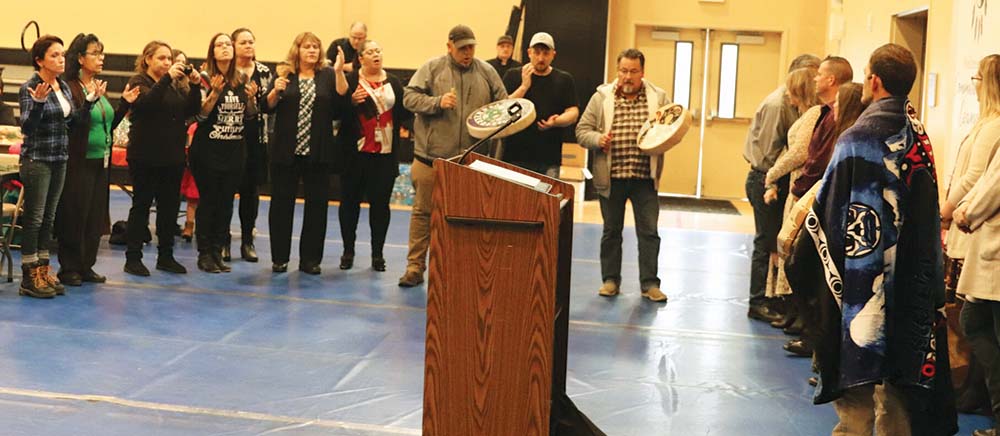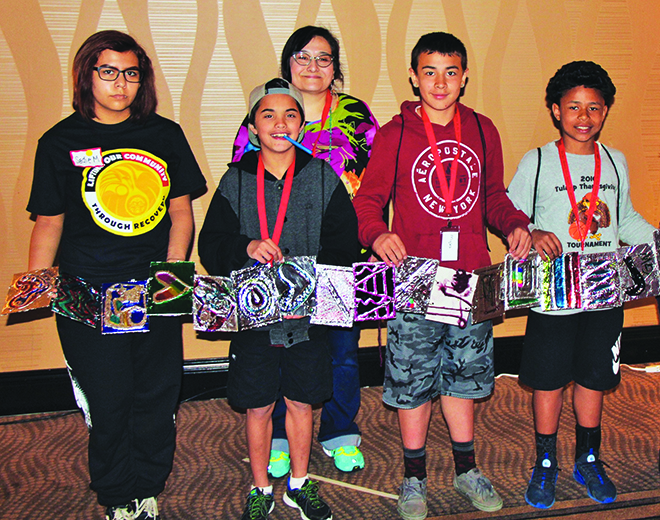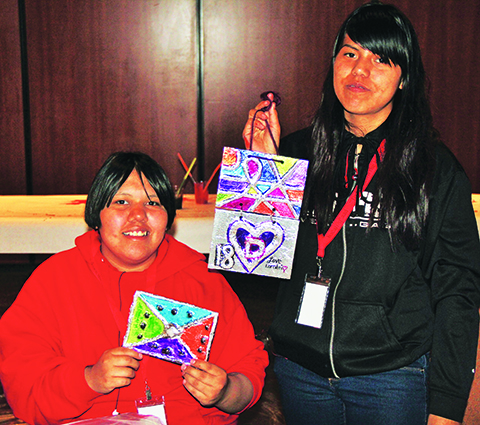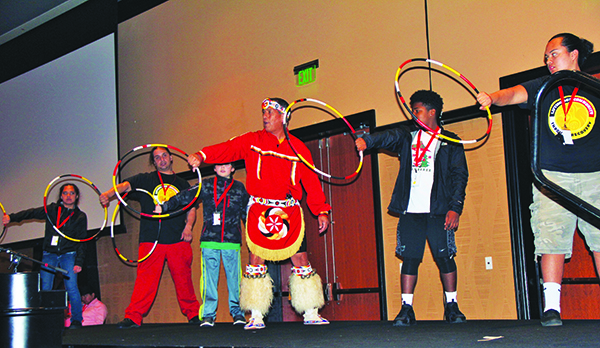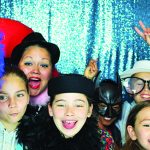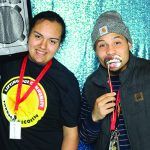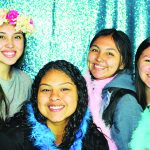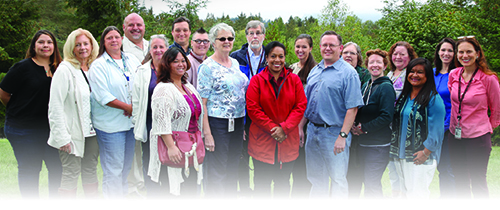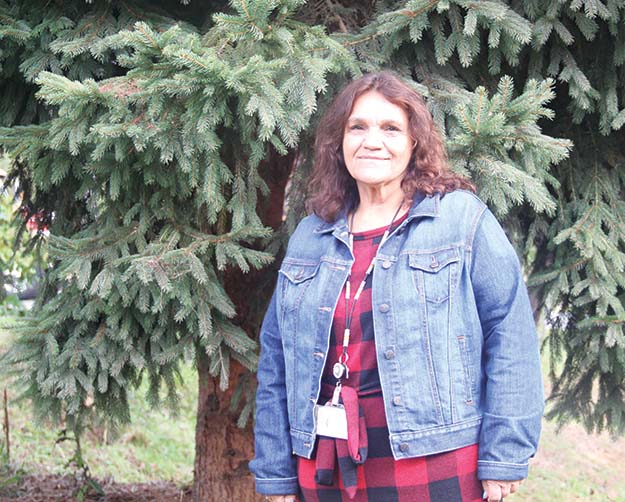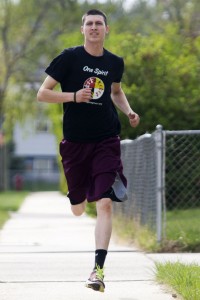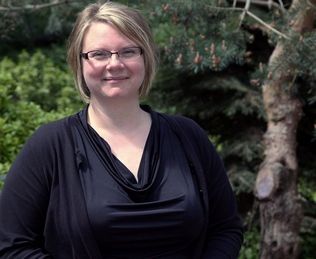By Kalvin Valdillez, Tulalip News
The Tulalip Police Department issued a recent press release that included a report from the Washington State Department of Health, stating that there were eighty-one deaths linked to fentanyl in the first half of 2018. An increase of nearly seventy percent from the previous year. Last year there were approximately 72,000 deaths nationwide, which was shocking on its own. This latest news means that the opioid epidemic is still very much on the rise in America, as families and communities continue to search for solutions to help their loved ones recover.
At the beginning of 2017, the Tulalip Tribes decided to take different approach to help heal their people struggling with addiction by introducing the Healing to Wellness Court. Similar to a state drug court, Tulalip’s five-stage program also requires addicts convicted on drug-related charges to take random drug tests and attend mandated court appearances. When conjuring up the idea of the wellness court, the tribe put together a team dedicated to reinstilling traditional values that tribal societies hold so dear, community and culture.
“We take in what’s called high-risk, high-need,” explains Healing to Wellness Court Coordinator, Hilary Sotomish. “High-risk to reoffend criminally and a high-need addiction, meaning they can’t do it [sobriety]by themselves, they need a team to help them through it. Our program is about eighteen to twenty-four months and depending on how well they go through each stage determines how long it takes. For some people it takes eighteen months, but we expect relapse to happen. If they have relapses or have things that they can’t get done, we require them to take life skills classes and have a job or be in schooling. We don’t go over twenty-four months. Research has shown that if you have somebody in a wellness court or drug court for over twenty-four months, it’s not successful.”
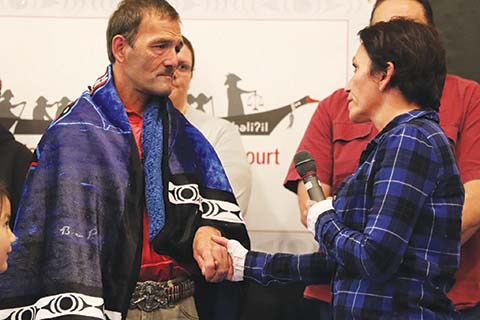 Tribal member Verle Smith joined the Healing to Wellness Court a few short months after the program began. For nearly two years, he’s followed the program, rebuilding relationships with his family and within the community, rediscovering who he is.
Tribal member Verle Smith joined the Healing to Wellness Court a few short months after the program began. For nearly two years, he’s followed the program, rebuilding relationships with his family and within the community, rediscovering who he is.
“At the beginning it was a struggle, I didn’t know which way to go,” he says. “I had to give it to my higher power, listen up and work on myself. It slowly got brighter.”
Verle mentioned that he relapsed during the course of the program but didn’t let that dark moment deter him from his path to sobriety. He instead used the relapse as a learning experience, a reminder of what was truly important to him. On December 10, Verle’s family, friends and supporters gathered at the Greg Williams Court to proudly cheer him on as he became the first graduate of the Healing to Wellness Court.
“There was one struggle in between but I brightened up and just punched forward,” he states. “Life became so lovely. I now have the opportunity to be around family. I love it. I still struggle today but every morning I have the opportunity for another day, so I’m living it one day at time. I do my mediation prayer and I believe that’s the key, make sure you say your morning prayers. I talk to a lot of people every day, like my best friend. Him and my family are my inspiration to fight harder for other people who need it. I love that people still have my back after everything.”
Hilary and the Wellness Court team presented Verle with three gifts in recognition of his accomplishment; a blanket, a drum and plaque that showcased the five coins he received when completing each phase of the program. Over the course of an emotional two hours, Verle’s friends and family members offered teary congratulatory speeches as well as many long embracing hugs and a couple traditional songs. All six Tulalip Board of Directors expressed their happiness of Verle’s success, including Les Parks who helped get the Healing to Wellness Court started.
“This was initially a pilot project that is obviously working,” Les expressed. “The wellness court team is tasked with ascertaining who is on highest risk, highest need in our community. Our court identified nineteen high-risk, high-needs and I bet you there are over two hundred members out there who would love to take part in this program, who don’t fall under that category. We need to expand this program and keep working to bring on some of those low-risk, low-need people.”
Every Tuesday, wellness participants attend court at the Tulalip Justice center and speak directly with Judge Ron Whitener about their struggles and successes. Depending on their setbacks or progress, Judge Whitener awards the participants with either a sanction or an incentive.
“Tulalip, like most communities, are facing a lot of issues with heroin,” says Judge Whitener. “Programs like the wellness court are a more traditional way of doing things. Regular drug court is very hands off, not very supportive and the person’s expected to go and fix themselves. You got to work with them, try to get through it with them, knowing it takes a long time. I think that process is really more appropriate for Tulalip.
Just as Board Member Parks said, we’re looking to expand the ideals of this wellness court, which is for our highest risk people, and move those ideals down into the other cases and try to make the whole court look more like the wellness court. I’m really proud of Verle, I’ve known him a long time and he’s a good person. I’m really happy he was our first graduate. We have serval others coming up, so we’re looking to make these celebrations quite regular in the community.”
The Healing to Wellness Court is on track to present seventeen more plaques to recovering addicts, who are slated to graduate from the program throughout 2019.
The wellness court participants developed their own community of support and often encourage each other to stay focused on their journey. Each participant was in attendance of Verle’s graduation and a few even spoke, stating that Verle serves as an inspiration to his fellow participants. This was something that Verle was pleased to hear and reassured the community that he’s willing to help others and hopes that his story shows that recovery is possible through hard work and determination.
“My son is here with me today, you have no idea what that means to me,” Verle emotionally expressed. “My daughter was by my side all day today, like she wasn’t going to let me go again. If it wasn’t for the wellness court, I don’t know where I’d be – if I’d even still be here. They gave me the opportunity to experience something that works for my life. I didn’t know which way to turn, so I figured I’d try something different and I’m grateful for it. When I first went to treatment, I told my wife that I’m in the place that I need to be. I want to thank the wellness court for it all. I now plan to go through the rest of my life bringing the next person closer to where they’re supposed to be, to where they’re needed.”
For more information about the Healing to Wellness Court, please contact (360) 716-4773.
